Hamish Gill
Tech Support (and Marketing)
Although this is probably of little relevance to the massive majority of us here I though it would be interesting to a few of us! This I suppose is close to the pinnacle of digital camera technology in terms of quality, yet even at $44,000 it still reads as though it isn't quite perfect! There are also quite a few circumstances that this wouldn't be the ideal camera! I suppose the point I'm trying to make is that even the best part $50,000 doesn't get you the perfect camera for every situation!

PDN Product Review: Phase One's 80MP IQ180 Digital Back

PDN Product Review: Phase One's 80MP IQ180 Digital Back
